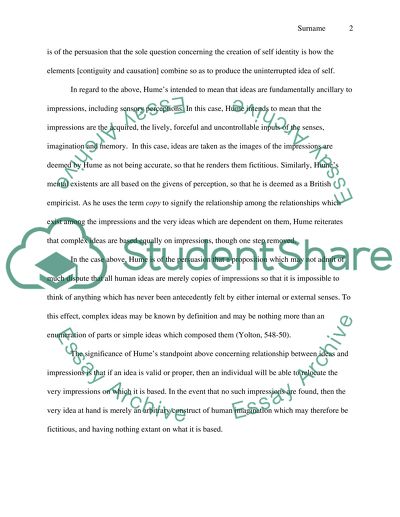Cite this document
(“David Hume Essay Example | Topics and Well Written Essays - 1750 words”, n.d.)
David Hume Essay Example | Topics and Well Written Essays - 1750 words. Retrieved from https://studentshare.org/philosophy/1495004-david-hume
David Hume Essay Example | Topics and Well Written Essays - 1750 words. Retrieved from https://studentshare.org/philosophy/1495004-david-hume
(David Hume Essay Example | Topics and Well Written Essays - 1750 Words)
David Hume Essay Example | Topics and Well Written Essays - 1750 Words. https://studentshare.org/philosophy/1495004-david-hume.
David Hume Essay Example | Topics and Well Written Essays - 1750 Words. https://studentshare.org/philosophy/1495004-david-hume.
“David Hume Essay Example | Topics and Well Written Essays - 1750 Words”, n.d. https://studentshare.org/philosophy/1495004-david-hume.


